You are desperate to keep eating eggs, but can’t stop asking yourself, “Why can’t I digest eggs?” The answers are waiting for you.
Let’s talk about eggs, in general, to begin with.
What is an Egg?
An egg contains two main parts: the white and the yolk.
In the Incredible, Edible Egg Yolk I told you,
Many people are intolerant to egg whites, but here’s something many people don’t know about egg intolerance/allergy: Most people are only intolerant/allergic to the egg white if they have an intolerance at all.
So with that, let’s first break the egg down into these two parts.
Egg Whites
The egg white (also called the albumen) is the clear liquid you see surrounding the yolk.
Many choose to eat only egg whites because they:
- have fewer calories than the yolk
- contain practically zero fat
- are high in protein
- have minimal calories and nil carbohydrates (less than 1%)
Egg white acts as both a thermal and mechanical defense mechanism for the embryo, is an important source of water and nutrition during development, and contains a broad spectrum of proteins that play an essential role during embryo development (Burley and Vadehra, 1989).
Egg Yolks
The egg yolk is the yellow part of the egg. According to Gordon Ramsay, “the yolk gets its color from plant pigments in the hen’s food. This is the first part that forms when a hen’s egg cells reach maturity.”
We have been programmed to steer clear of the yolk because the yolk:
- is high in fat (contains almost all of the egg’s fat)
- contains a high amount of cholesterol (about 213 milligrams per yolk)
- holds most of the egg’s calories
The above is because the egg yolks are made primarily of fats, proteins, and essential nutrients.
Yes, essential nutrients.
Here are the benefits found in egg yolks:
- most of the egg’s calcium
- 100% of the egg’s Vitamin A, E, D and K
- contains most of the egg’s iron
- has between 50% and 80% of the copper, manganese, and selenium, while the white contains between 50% and 80% of the potassium, riboflavin, and protein
- contains most of the egg’s zinc
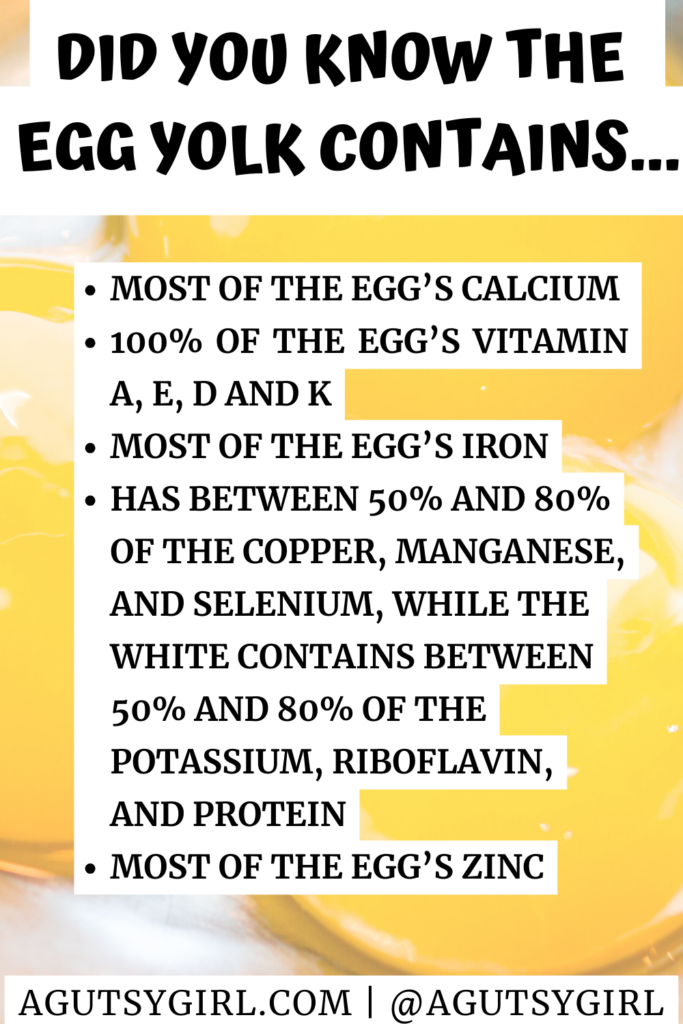
Are Eggs Dairy?
The first reason some think they can’t tolerate eggs is because they know they don’t digest dairy appropriately.
In fact, you’d be surprised that the question, “Are eggs dairy?” comes up frequently.
When doing research for this post I was shocked at first that that’s even a question.
But then, if I can so boldly admit, I remembered that I once, too, thought eggs were dairy.
The reason most people think they are dairy is because of their placement in the grocery store; next to dairy.
And the other reason people think eggs are dairy is due to the association of chickens and cows living together on the farm.
However, to be very clear, eggs are not dairy.
Dairy products consist of food sources produced by animals with mammary glands like cows, goats, and sheep.
Why Can’t I Digest Eggs?
Click HERE to save Why Can’t I Digest Eggs for later.

Now that we have the egg basics down, let’s get into the details around your question,
Why can’t I digest eggs?
After all, I just shared many reasons for why eggs are awesome.
So then, why can’t you digest eggs?
Here is a list of 8 reasons you might not be able to digest eggs.
Note: I am separating these by the white and yolk and then the egg as a whole. Geez, who knew this was going to be so complicated, right?!
Egg White Digestion
Remember, the egg white is toughest to digest. Here are main reasons why.
1 – Ovomucoid
There are 5 major allergenic proteins in egg whites. They include: ovomucoid, ovalbumin, ovotransferrin, lysozyme, and ovomucin. Ovomucoid is the most dominant allergen.
Although not the most abundant protein, this protein is thought to be the most dominant due to its difficulty to be digested and resistance to heat.
2 – Protein
Did you know that the egg white is almost 100% protein content?
Protein can be a cause of constipation for some people.
Additionally, egg protein allergens can also be absorbed into the bloodstream due to increased vascular permeability due to histamine release.
The egg proteins can interact with skin mast cells, causing hives or eczema.
DON’T let this scare you away from protein, though.
Check this out…
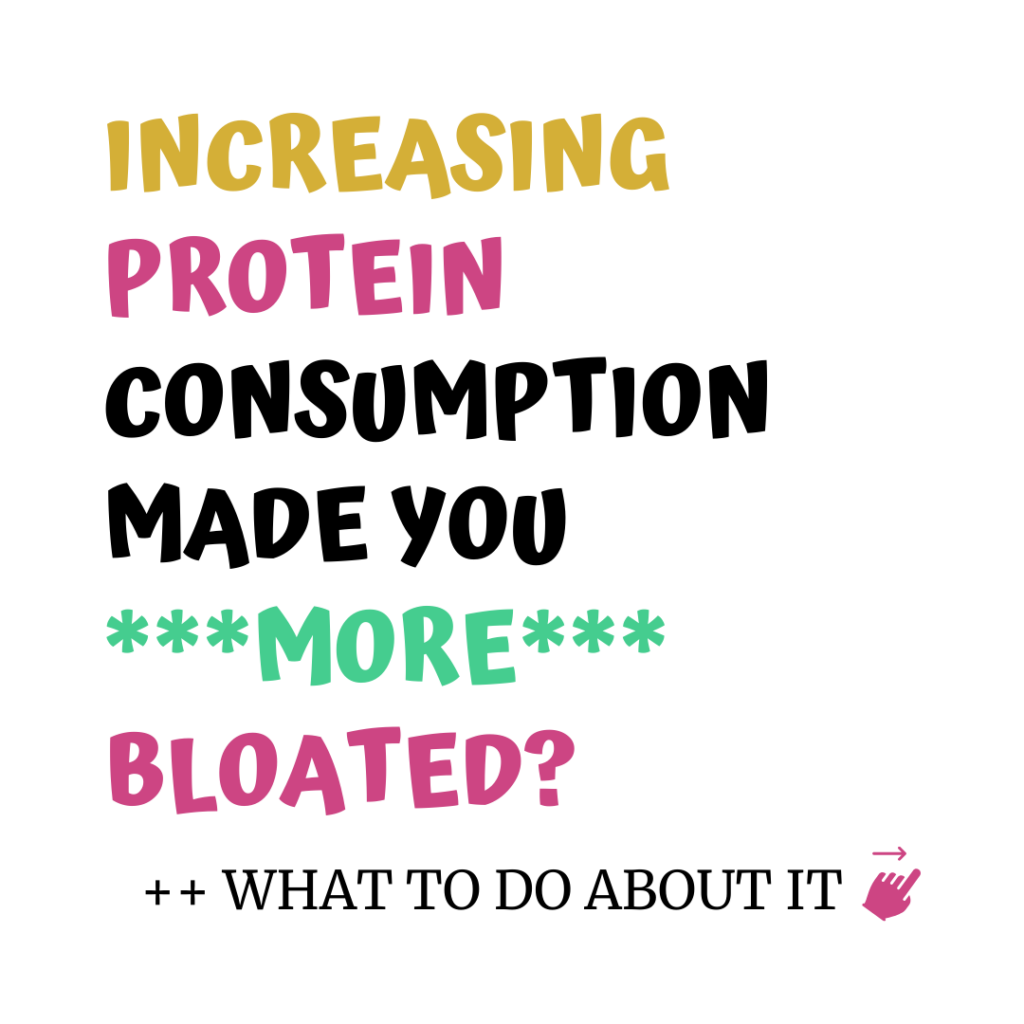
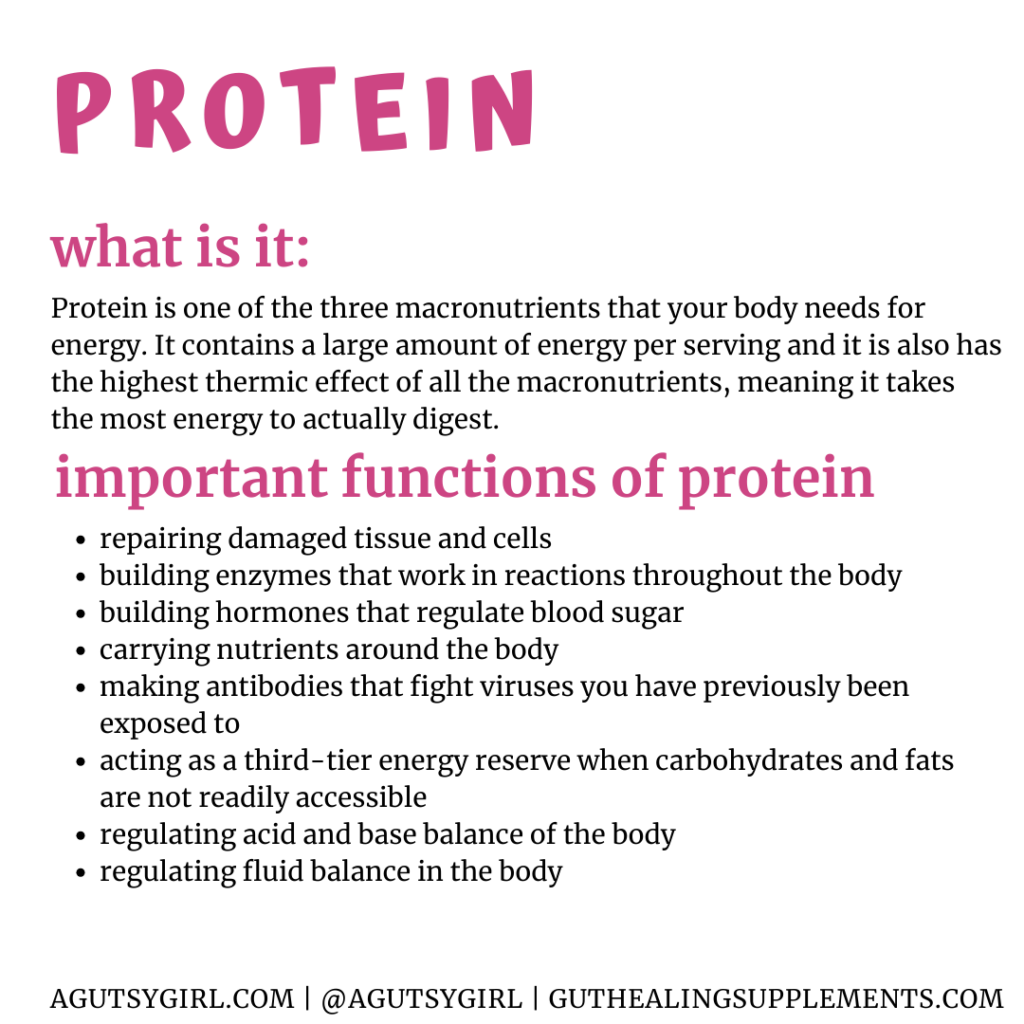

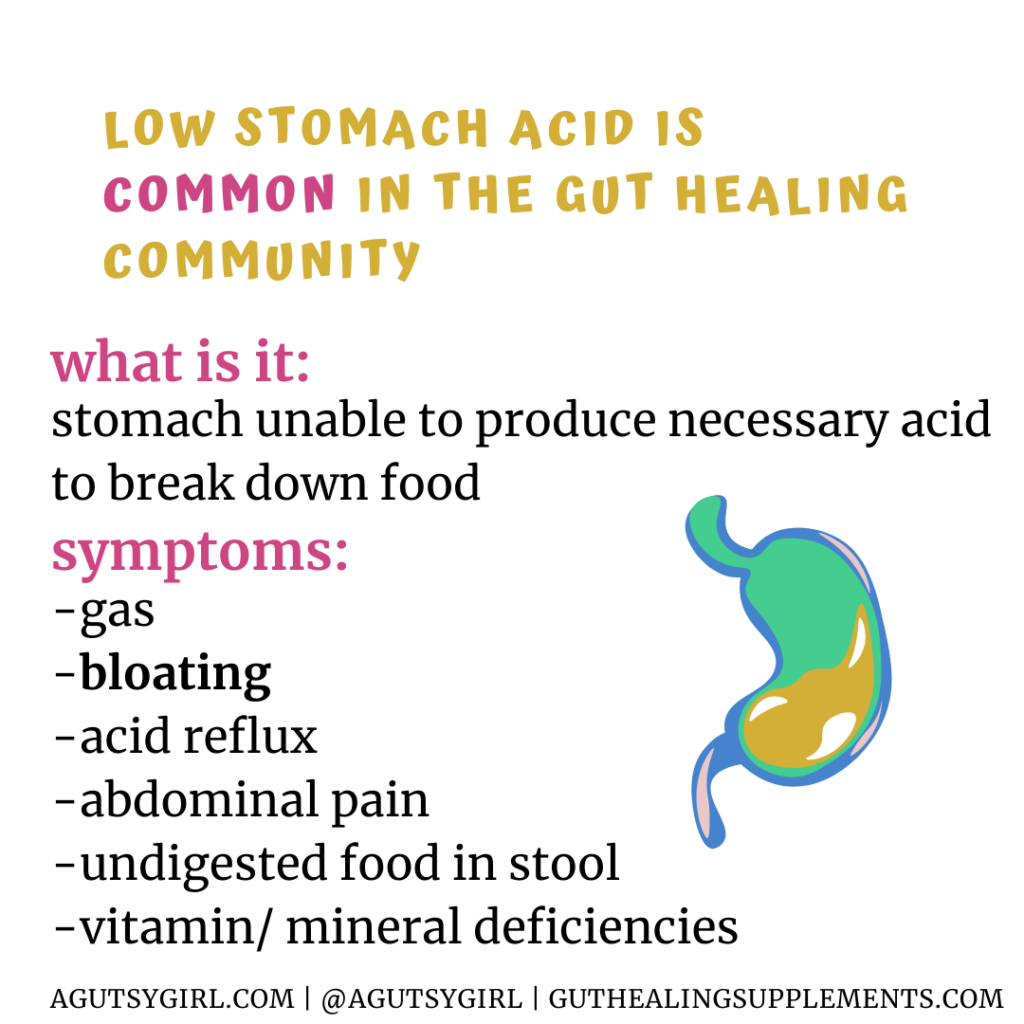
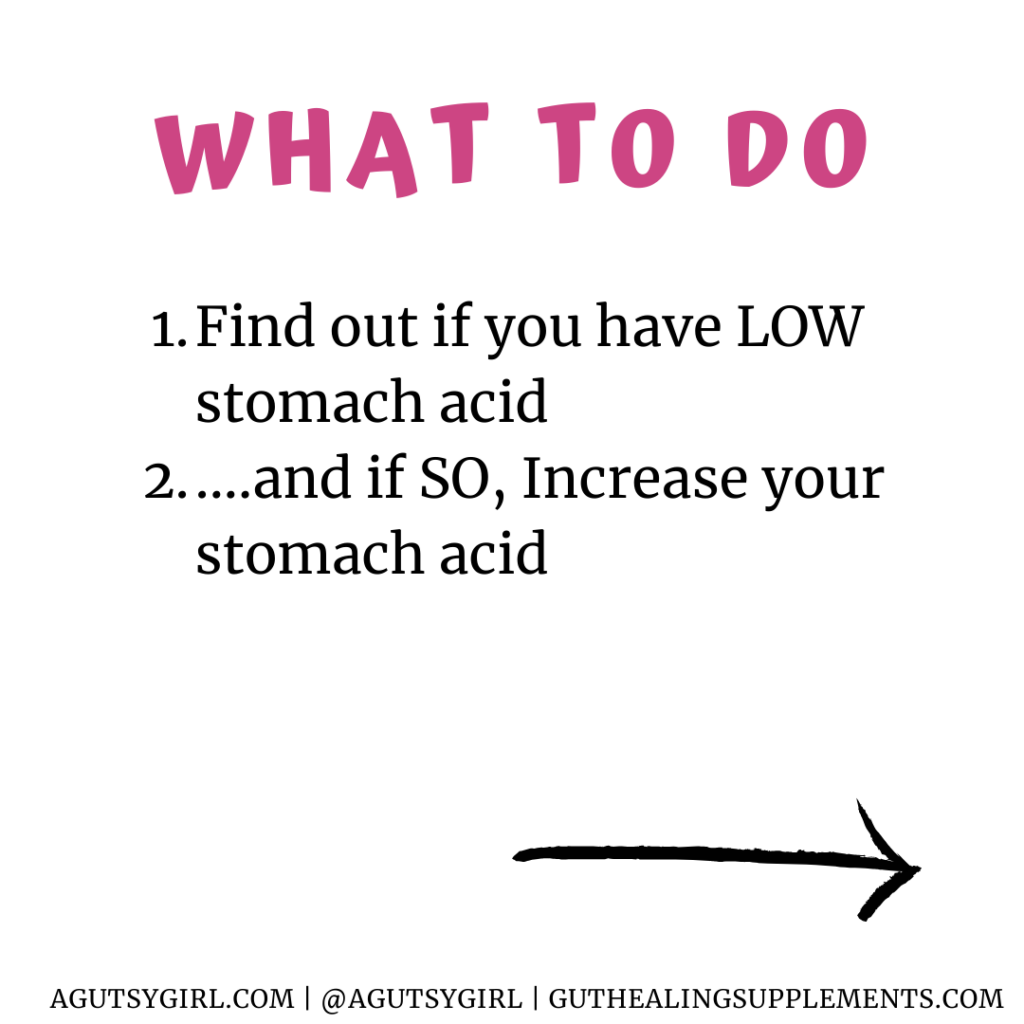
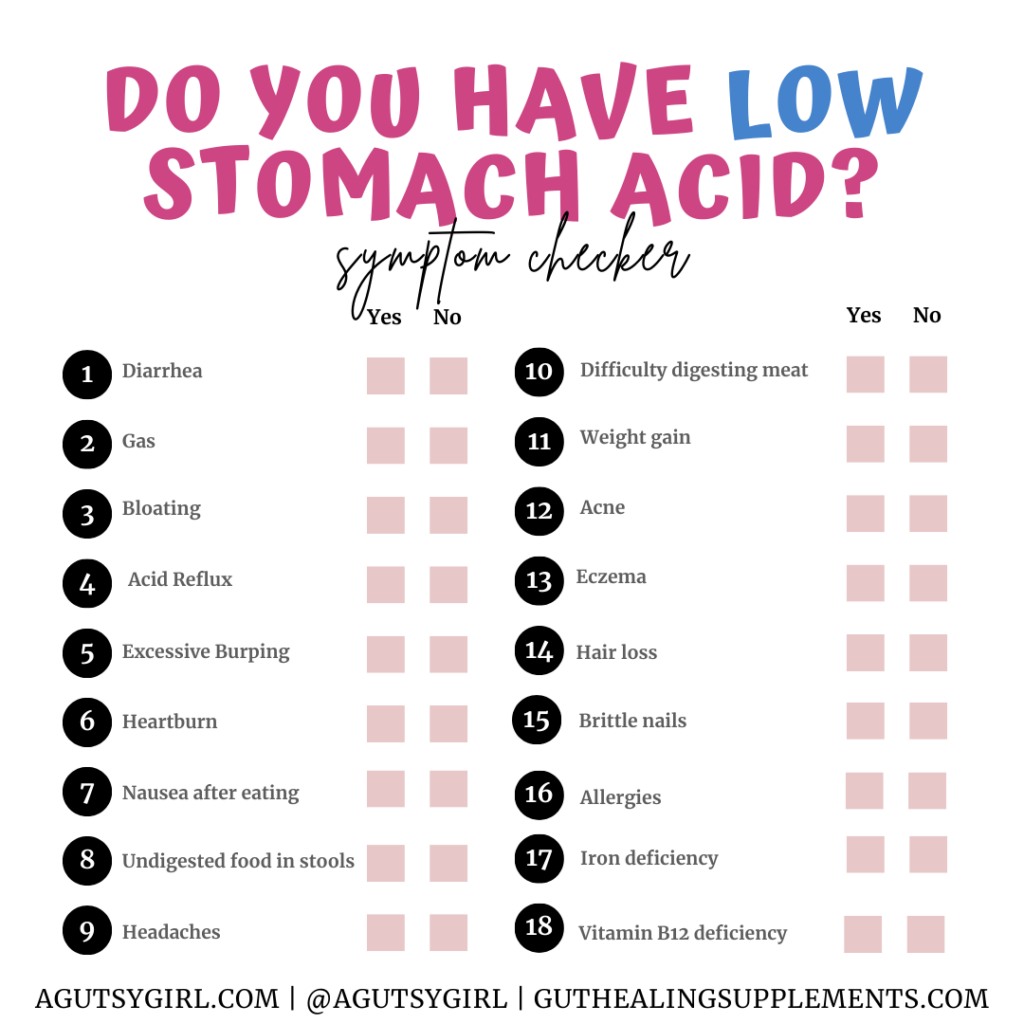
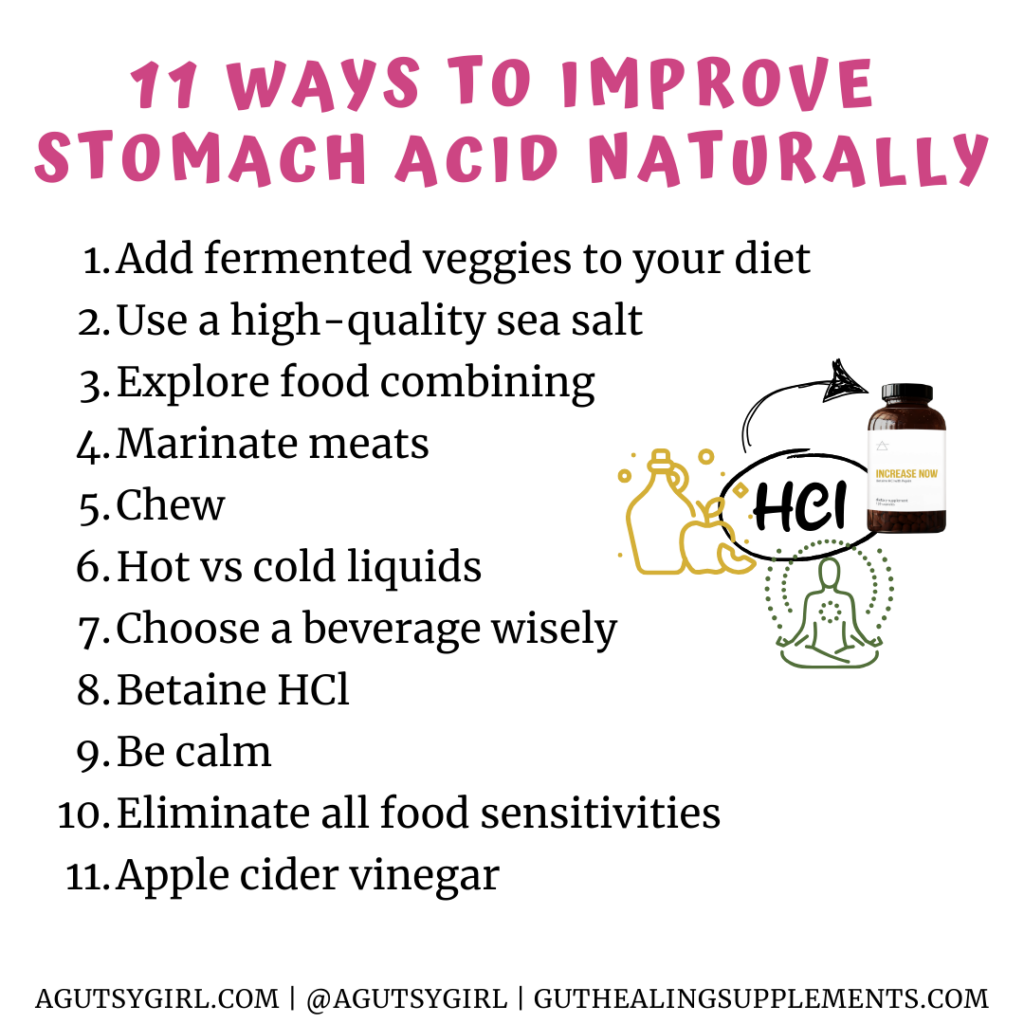

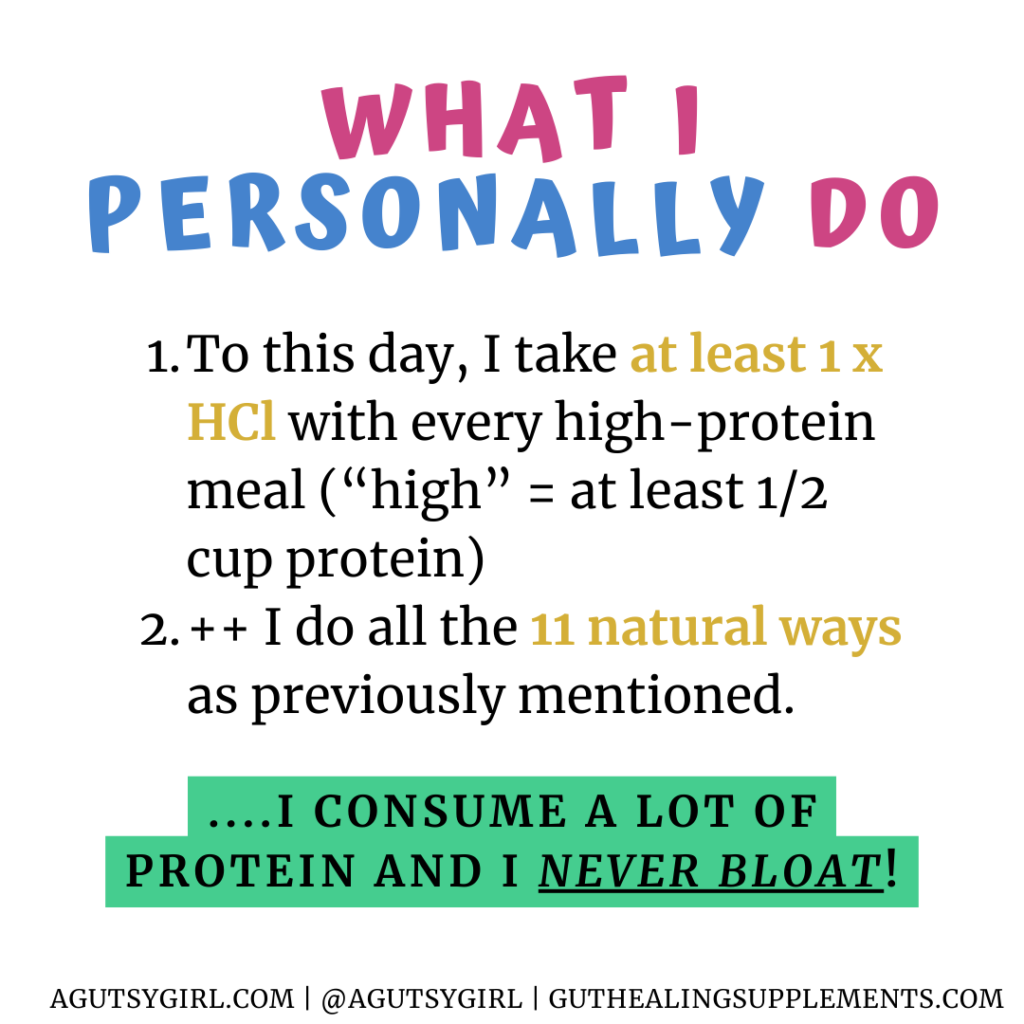
3 – Enzyme Blockers
Egg whites contain proteins which block enzymes that are needed to digest the protein.
Ovalbumin and ovomucoid (above) are both enzyme blockers.
Between the two, they make up 65% of an egg white.
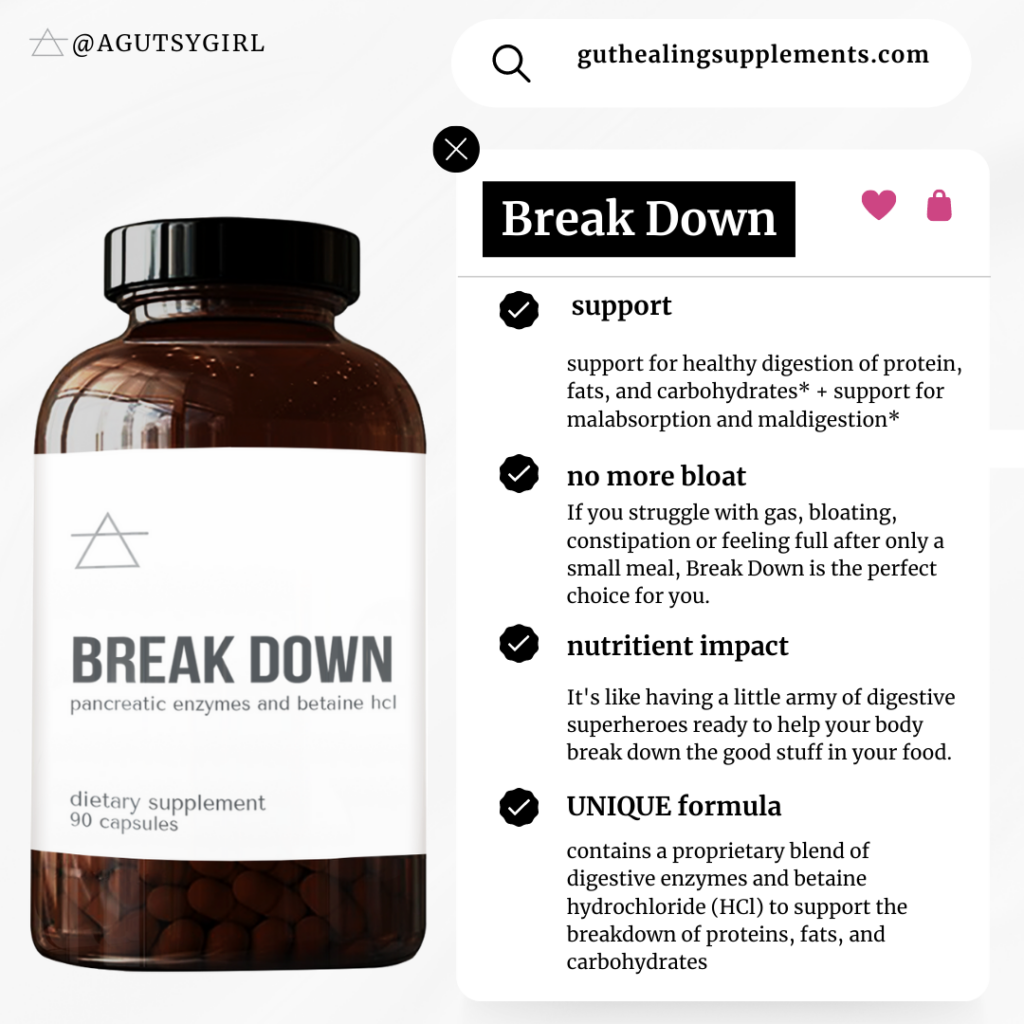
…..so I use Break Down whenever I consume eggs! This is one of the best digestive enzyme supplements on the marketplace.
Use code ‘AGUTSYGIRL’ at checkout to save 15%.
4 – Lysozyme
According to Dr. Sarah Ballantyne,
She also states, “The problem is the other proteins that piggyback on lysozyme across the gut enterocyte barrier. It is this “leak” of other egg white proteins that is the reason why egg allergy is so common.”
For these reasons, many don’t recommend eggs on a leaky gut diet (I included some eggs in The Leaky Gut Meal Plan.)
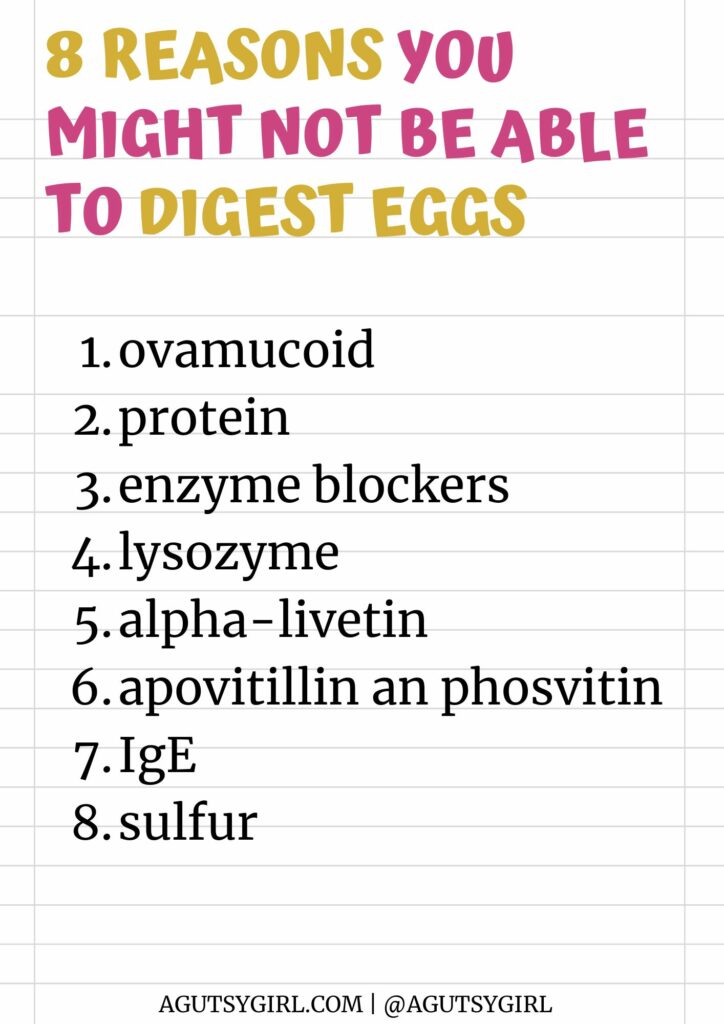
Egg Yolk Digestion
It’s rare that one would not be able to properly digest the egg yolk. In fact, it’s hard to even find a lot of information about it out there.
However, these are the reasons.
5 – Alpha-Livetin
This is the most common allergen in yolks, and is involved in bird-egg syndrome.
Bird-egg syndrome is caused by sensitization to chicken serum albumin (alpha -livetin) and is characterized by the development of respiratory and gastrointestinal symptoms after egg intake or after contact with bird antigens.
6 – Apovitillin and Phosvitin
These are two other egg yolk antigens (in addition to levetin) that could trigger allergies.
Remember: Most people are only allergic to or intolerant of the egg white.
The egg yolk itself rarely presents problems.
Are Eggs Easy to Digest? Whole Egg Digestion
And here are two more reasons, in general, why you may not be able to digest eggs.
7 – IgE
IgE is immunoglobulin associated with egg allergy.
With egg allergy, the interaction of IgE on mast cells in response to egg allergen occurs in mast cells in the upper and lower GI tract.
This leads to the release of chemicals that cause smooth muscle contraction and vasodilation, leading to diarrhea.
8 – Sulfur
Eggs are high in sulfur.
Research states that a, “sulfur-rich diet may worsen symptoms in those with ulcerative colitis (UC) or Crohn’s disease (CD) — two inflammatory bowel diseases that cause chronic inflammation and ulcers in the gut.”
And remember, if you have SIBO, this might also apply to you.
Remember my article, “Do You Smell Like Rotten Eggs?”
Keep in mind that gastrointestinal symptoms, such as vomiting and diarrhea, occurring after ingestion of undercooked egg can be due to food poisoning, such as salmonella or campylobacter infection, rather than allergy.
Unlike food allergy reactions, symptoms are generally delayed and occur 8–72 hours after exposure.
And this is certainly not the same as an egg allergy or intolerance.
So now that you have the above information, let’s dig into some more things that might help you on your egg (or egg-free) journey.
Is it an Egg Allergy or Egg Intolerance?
As with everything else, it’s very important that you know and understand if you are dealing with an egg allergy or egg intolerance. According to the NIH,
The failure to distinguish between the two may lead to a significant number of false-positives. Hen egg allergies often present within a year of age with no distinction between either gender. In a significant portion of patients, tolerance to hen egg allergens develops by school-age although some may only develop this tolerance only by adolescence. As opposed to other food allergies such as tree nut, peanut, or fish, egg allergy typically resolves or improves relatively earlier in life.
You likely would already know if it was a true egg allergy.
However, you might not know if it’s an intolerance.
I have some tested, tried, and true method for detecting a food intolerance HERE.
In fact, the NIH even states,
Although food diaries (a written log of everything the patient consumes) are non-diagnostic, they can be useful in identifying egg as a potential allergen.
Do Eggs Need to Be Refrigerated?
When in doubt, refrigerate.
That said, most countries do not refrigerate their eggs. In the United States, it is recommended that we do.
The U.S. Department of Agriculture (USDA) determined that the best way to fight Salmonella contamination is by sanitizing the eggs before they reach the consumer.
While this process might remove contaminants, it also leaves the egg shell porous.
When eggs are not washed and sanitized that protective coating remains.
In other parts of the world, the washing and sanitizing is not a requirement for retail distribution.
Thus, once you return from the grocery store, America food safety officials emphasize that eggs go into the fridge.
Once an egg cools to room temperature it can “sweat,” facilitating the growth of bacteria that could enter the egg through that porous shell.
Finally, eggs will last longer if refrigerated.
All of that said, if the eggs have not been washed and you are receiving them from a local grower who has not yet put them in a fridge, they can live at room temperature for up to 3 weeks.
In fact, when my cousin gives us fresh, organic eggs, this is what we do.
Is There a Difference Between Brown Eggs vs White Eggs?
No. There is only a difference in the shell color, and let’s be honest, price.
From a nutritional standpoint, there is no difference between brown eggs vs white eggs.
The breed determines the color.
Once you check out this egg color chart, you’ll not only understand more about egg color but you’re also likely to say, “Holy cows! Who knew there were so many chicken breeds?”
Best Organic Egg Brands
There is some debate over whether or not it’s important to buy organic over conventional eggs.
I personally don’t see a debate on this one when it comes to the question as it relates to gut healing and/or health.
Here is why.
When an egg is certified organic, that means:
Organic feed
From their second day of life, organic egg hens are required to feast on organic pasture grass.
Outdoor Access
In 2010, the Access to Pasture Rule was made effective. This means that all certified organic livestock absolutely must not be confined indoors. However, the rule fails to specify what “outdoor area” means, which is where a grey area surrounding the issue has formed.
Omitted hormones and antibiotics
Organic egg-laying chickens should never receive growth hormones or antibiotics.
Optimum healthcare
Organic laying hens are required to have premium health care; this includes necessary vaccines and immediate treatment of illness. In a large, mass-producing egg farm, it might be cheaper to slaughter sick hens rather than helping them. However, this option is not available for organic producers; they absolutely must treat illnesses in their hens. If the required medication is not on the NOSB-approved list, the eggs cannot be marketed as organic.
(Source for eggs certified organic information above directly quoted HERE.)
What the above means is that the quality of an organic egg is superior to conventional, from a gut healing or health standpoint.
You already know that pesticides, other chemicals, antibiotics, and hormones are not conducive for gut healing or health. In that case, whenever possible, choose organic eggs.
Personally, I like to get my eggs from a local farmer. He is a large organic producer in the area. So, if you have an option like that, choose it.
Why? Because you’re liking getting the organic benefits and you also likely know the situation and set-up for the hens. What exactly does that outdoor area look like?
Otherwise here are three organic egg brands to consider:
- Organic Valley
- Pete & Gerry’s Organic
- Vital Farms
None are perfect, but then again there is a good chance that no large, national organic egg producer is.
You can read the full Scrambled Egg Report via Cornucopia HERE.
Egg Substitutes
Okay, so you’ve reached this part of the post.
You might be feeling discouraged because you had an ah-ha moment. That moment told you, “Maybe I can’t digest eggs?”
Well, now is the time when I help give you alternatives.
First, remember that eggs are in many different foods.
Besides eating a whole egg, here are 54 egg sources and alternate names.
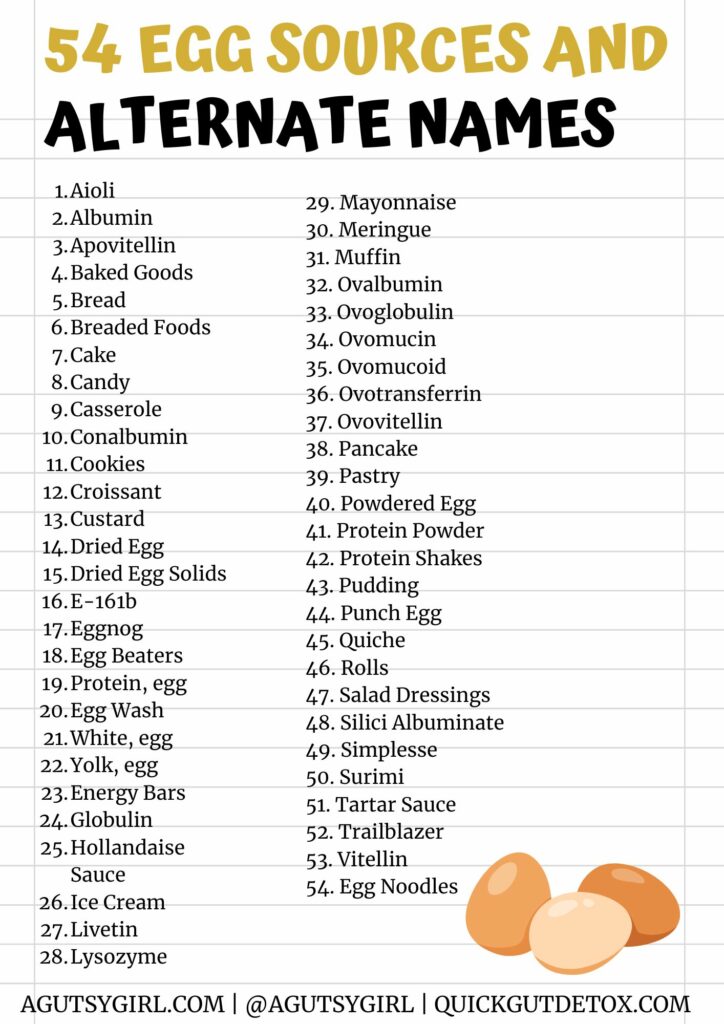
Next, in Cooking for Geeks (yes, actually have this book), this is what he states about substituting eggs in recipes,
Eggs provide air and leavening in cakes, add structure to breads and cakes, and supply liquid in cookie doughs, cakes, and muffin batters. Determine which functions the egg provides in the baked item and experiment.
If you are looking to swap out the egg white and/or yolk, here are some options.
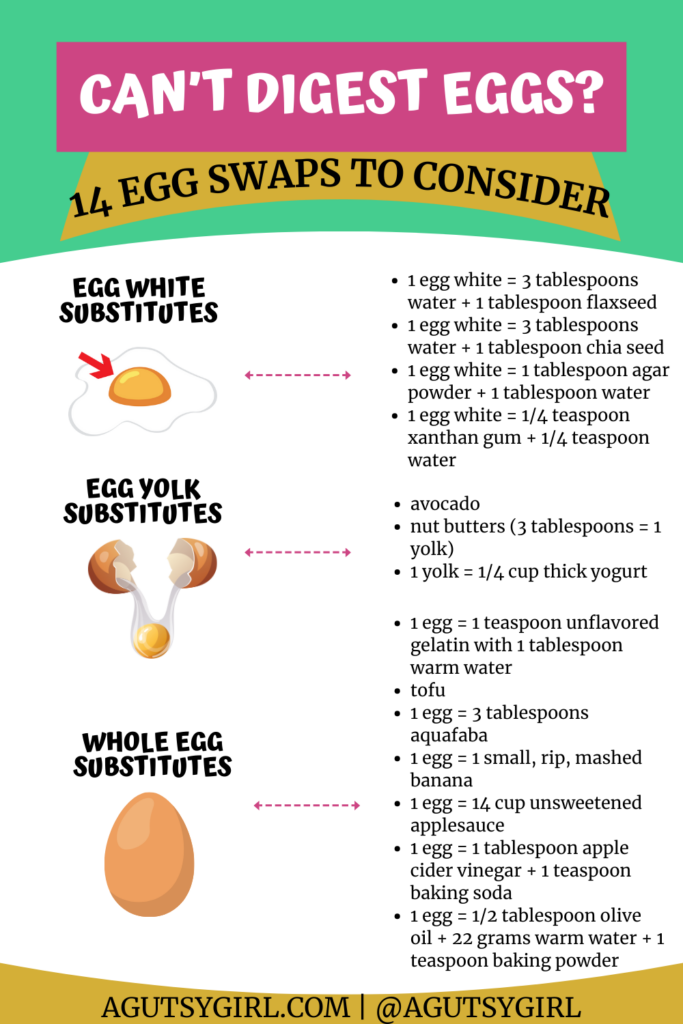
Egg White Substitute
4 common egg white substitutes include:
- 1 egg white = 3 Tablespoons water + 1 Tablespoon flaxseed
- egg white = 3 Tablespoons water + 1 Tablespoon chia seed
- 1 egg white = 1 Tablespoon agar powder + 1 Tablespoon water
- egg white = 1/4 teaspoon xanthan gum + 1/4 teaspoon water
However, and this is a big however, replacing an egg white in baking recipes is not always easy.
The more eggs a recipe calls for, the harder it will be to replace them.
Take for instance the information in baking with coconut flour.
Rarely do I have success swapping out eggs in coconut flour baked goods.
Egg Yolk Substitute
Again, you’d rarely need an egg yolk substitute. The yolk is really just thickener.
For example, in my Banana Coconut Cream Pudding recipe, there is a yolk added both for thickening and nutrients.
However, as it is just an added thickener, the ingredient can be left off.
Here are 3 common egg yolk substitutes include:
- Avocados
- Nut butters (how to make homemade nut butters) (3 Tablespoons = 1 yolk)
- 1/4 cup thick yogurt (try my 2-Ingredient Coconut Yogurt) = 1 yolk
Whole Egg Substitutes
7 common whole egg substitutes include:
- egg = 1 teaspoon unflavored gelatin with 1 Tablespoon warm water (I do this all the time; use the Perfect Supplements gelatin and my code GUTSY10 HERE to save 10%)
- Tofu. Many make tofu scrambles (I have) instead of scrambled eggs. I do caution this if you’re really trying to heal your gut, though. Tofu is soy so if you choose this route, track any symptoms following the meal and definitely make sure it’s organic soy. Also, 1/4 cup pureed tofu = 1 egg.
- 1 egg = 3 Tablespoons aquafaba
- egg = 1 small, ripe, mashed banana
- 1 egg = 1/4 cup unsweetened applesauce
- egg = 1 Tablespoon apple cider vinegar + 1 teaspoon baking soda (this acts as a leavener, like a science experiment it will bubble)
- 1 egg = 1/2 Tablespoon olive oil + 22 grams warm water + 1 teaspoon baking powder
And that is an egg wrap. Well, maybe not if you can’t tolerate them?!
What’s the verdict for you? Is it making more sense now when you ask, “Why can’t I digest eggs?”
Sources: HERE, HERE, HERE, HERE, HERE, HERE, and HERE.
If you liked this post, you might also enjoy:
Xox,
SKH
🤰 bloating be gone! weight loss through optimal gut health for women
💃ʜᴇᴀʟ ʏᴏᴜʀ ɢᴜᴛ. ʜᴇᴀʟ ʏᴏᴜʀ ʟɪfe.
🫶🏻 founder gutbyome.com



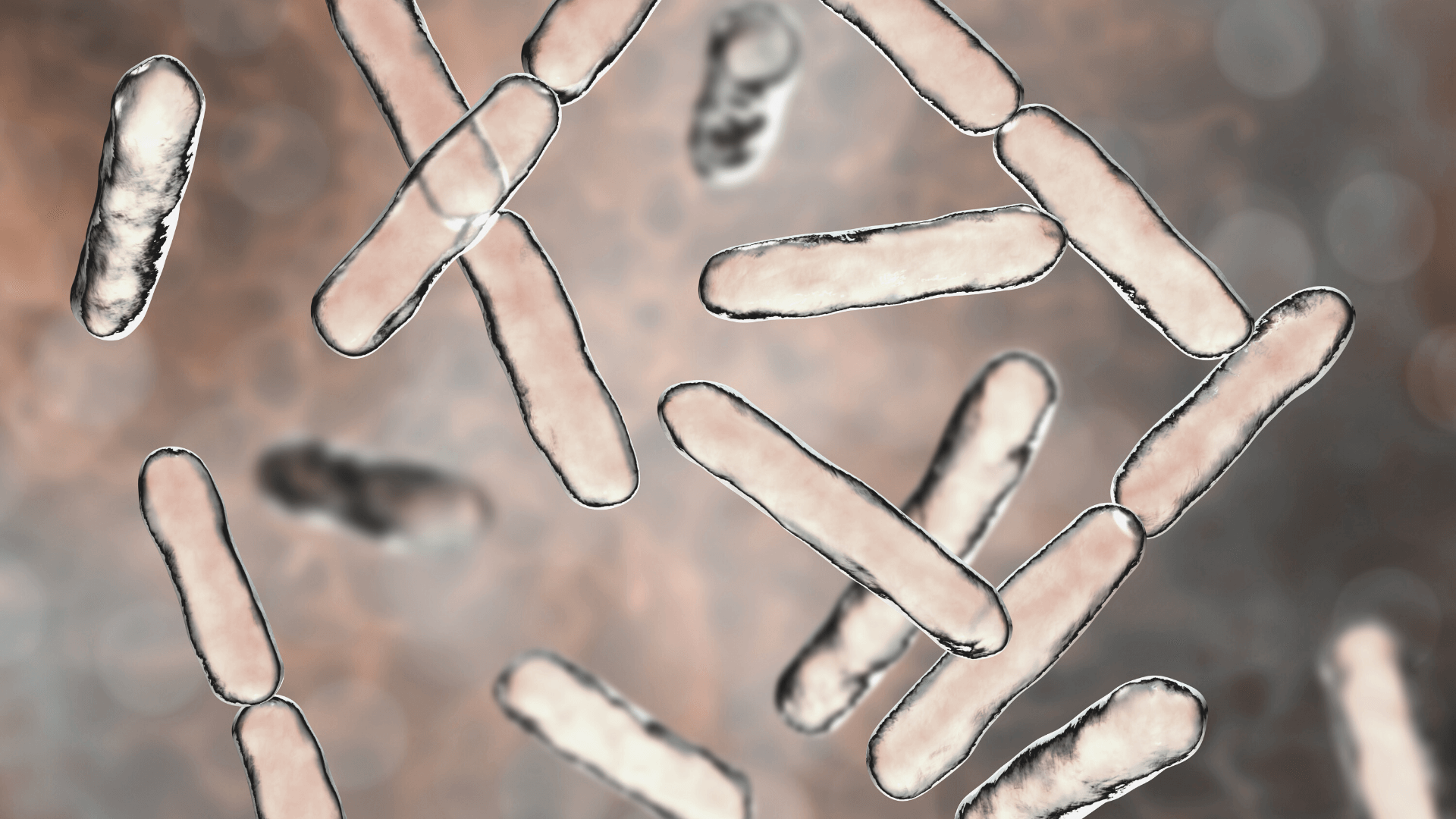


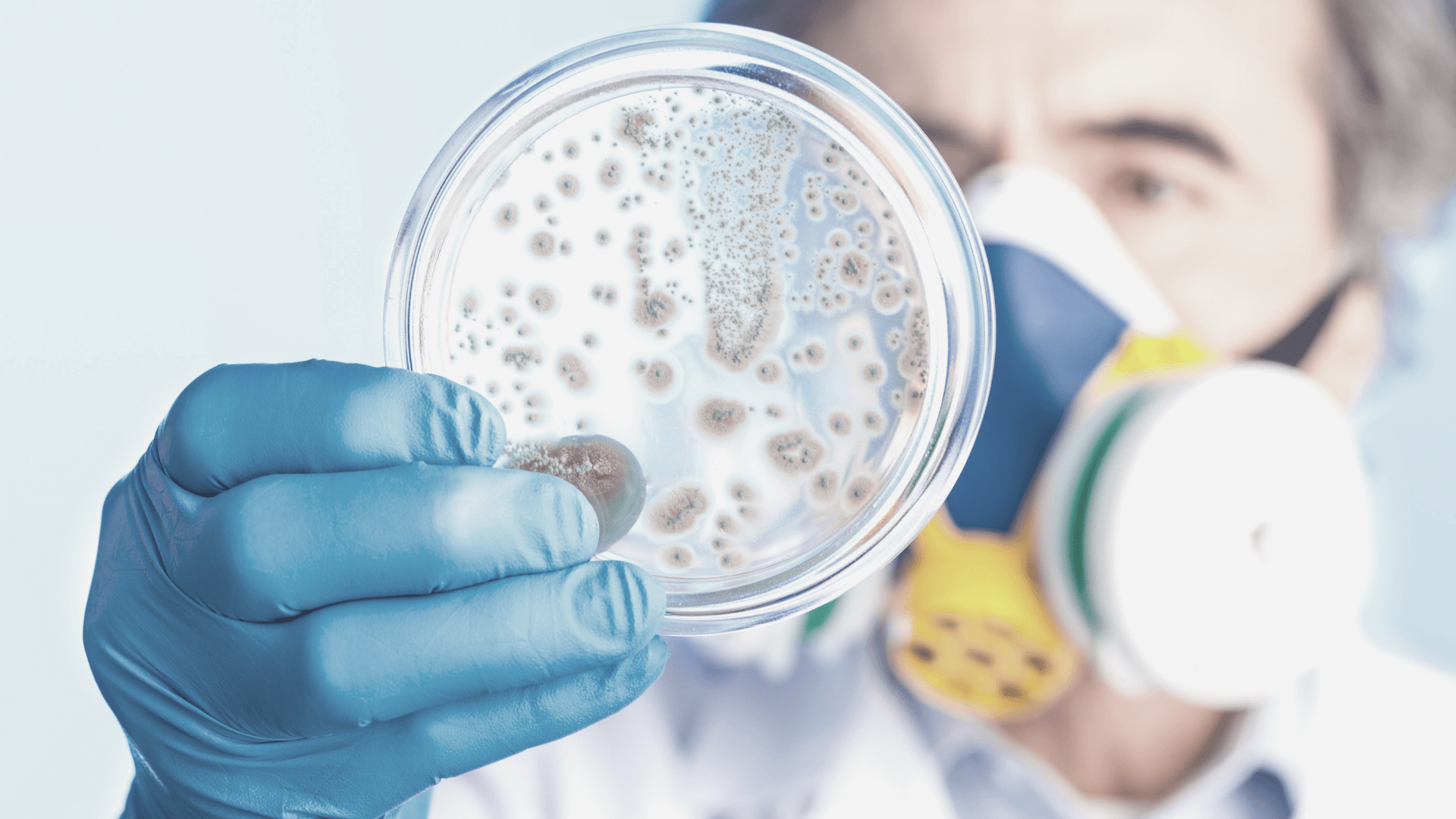
Dear Sarah,
Thanks a lot for your thoroughly researched post! As always you are very helpful!
You did not mention quail eggs. Therefore I wanted to ask you what your opinion on those is.
I Seem to read everywhere That quail eggs are hypoallergenic but I am not quite shure this is 100% right and that this makes them digestable.
Thank you for your answer in advance!
You are doing a great Job!
Greetings from germany 🙂
Hi Val – Great questions! Many who cannot tolerate chicken eggs, can tolerate quail eggs 🙂
Thank you so much for your answer! I also had the feeling that quail eggs were easier to digest! 🙂